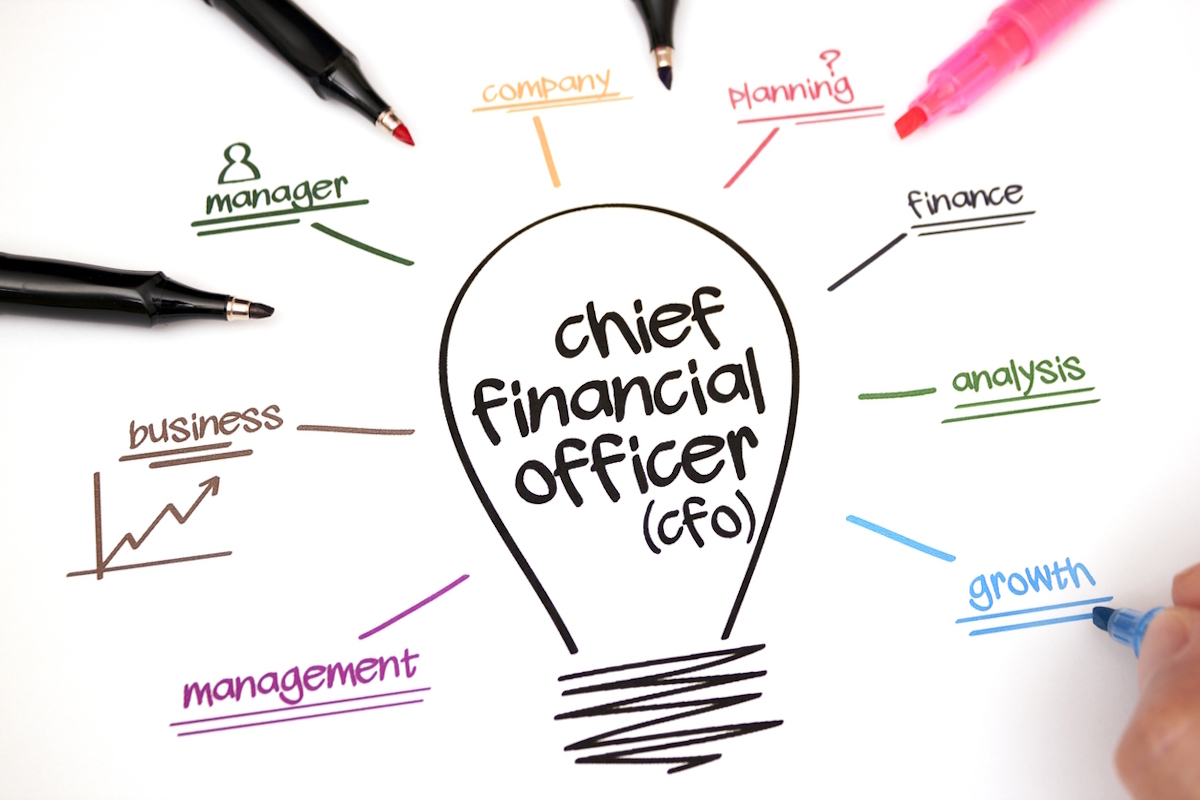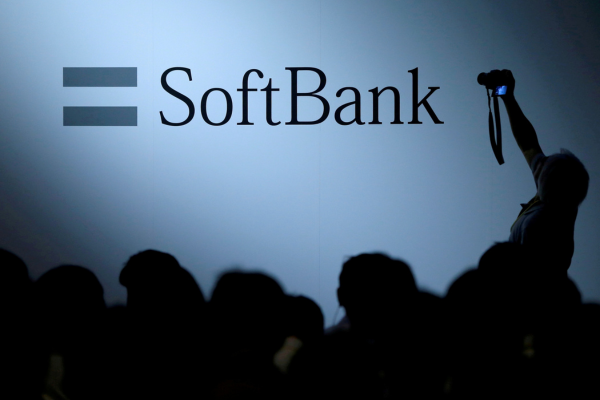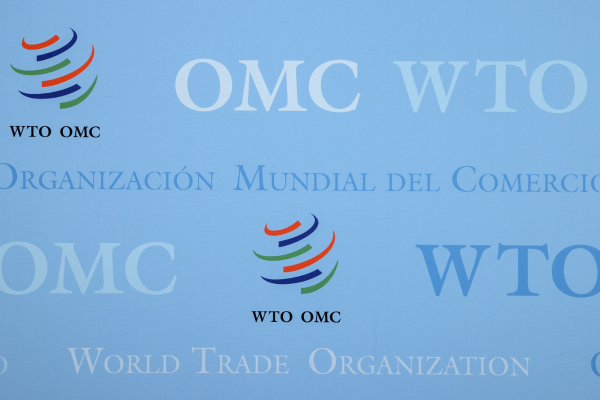The future of Chief Financial Officers

“Move aside, Marvel”, says Carol Lee at LogicMonitor, “CFOs are taking on the role of Guardians of the Hype"
The function of the Chief Financial Officer (CFO) has undergone an evolution borne out of today’s fast moving business climate. It’s no longer a case of ‘do we have the money for that?’ These days CFOs play an important role in decision-making about the viability of technology investments.
With exciting new solutions launching regularly, CFOs are therefore finding themselves in a new role of "Guardian of the Hype." Yes, you read that right; in addition to overseeing finances, CFOs have to assess new technology critically and determine which ones are advantageous to the company and which ones are just hype.
It has always been crucial to strike a balance between the need for innovation and any financial restrictions in play. CFOs have often been described as ‘keepers of the purse strings’ or ‘bean counters,’ but a modern CFO’s responsibilities extend far beyond overseeing finances and budgetary management.
Their ultimate task is to build enterprise value for an organisation. That entails making sure the business can expand and scale while keeping an effective growth profile. A way we can achieve this is by spending more time connecting with the different business units to understand their specific needs and to make sure resources are deployed efficiently to support growth projects.
To do this effectively, and to avoid being hyper focused in one area, we must also have a comprehensive and holistic view of the entire company. Outside of the core business, the CFO must also keep abreast of market developments in order to identify and understand potential areas for future growth.
Guardians of the hype
This is why I refer to CFOs as "Guardians of the Hype”. We are increasingly tasked with the crucial job of sifting through the noise and offering a more objective, balanced evaluation of emerging technology. It is simple for people to become engrossed in the thrill of innovation, especially in a world where change is the only constant.
But, while it is easy to describe any number of technologies as ‘game changers,’ that label cannot equate to automatic adoption. No business has enough money, time or resources to adopt every new ‘game changer’ to the market. That’s why I believe highlighting promising ideas is vital, but each suggestion must be assessed against a backdrop of data and analytics in order to weed out those that are overhyped.
At the forefront of every CFO’s mind is the strategic objectives of the business. By presenting data-driven evaluations, we can ensure that our company stays on track to invest in technologies that align with long-term goals and provide noticeable value.
One of my top tips for being a good guardian is to first introduce and test new technologies in one specific department of the business. With clear markers for success in place, it’s easier to make an informed judgement on the technology’s impact. Only after assessing its performance and evaluating its ROI can you consider launching it on a wider scale.
Managing disputes: keeping the peace
Of course, even when you do demonstrate that a technology is not yet ripe for investment, there will sometimes be pushback by teammates unwilling to give up on their new passion project. In these instances, I recommend taking a three-pronged approach: first, clarify the technology goals; second, communicate reasons clearly; and third, tie everything back to organisational alignment.
In the end, this framework helps to neutralise divergent viewpoints and ensures that everyone, regardless of department, is aware of and supportive of the organisation’s priorities.
The ever-evolving technology landscape
While it’s easy to describe these assessment and communication techniques in theory; in practice, the rate at which technology is developing creates complexities. Whether it’s AI, automation or immersive solutions, tools formerly considered the stuff of science fiction are becoming common elements of modern life – both personally and professionally.
This unrelenting advancement has transformed entire economies, and therefore the way we work and communicate.
We can’t talk about the technology landscape with only a passing mention of AI; much of the innovation that’s rolled out in the last 12 months has been AI driven. From a CFO’s perspective, while AI-related business may not yet be the largest segment of operations, we are preparing for it to become a dominant force within our business.
My role, like so many other CFOs at this time, is to keep a tight focus on the reasoning and goal of any AI efforts. This involves preparing the business by setting up a framework for assessment, adoption, rollout and feedback. We know AI is more than just a fad, businesses need to address this technology and adopt fresh strategies that feed into their wider business plans.
We CFOs must play a vital role in this, ensuring our organisations are well-positioned for the AI-driven future while maintaining fiscal responsibility.
Back to basics
Just a few years ago, the business world stressed growth at all costs. Now the focus has shifted to one that places more of an emphasis on net profitability and cash flow creation. This shift has allowed CFOs to return to the fundamentals of finance, gaining the support of their broader teams to pursue efficient growth rather than unbridled expansion.
Especially in the tech sector, the pursuit of efficient growth has taken on a new significance. Like the adoption of hybrid work patterns, it’s unlikely that we’ll see a total return to earlier methods. Effective expansion is here to stay as a more practical and sustainable method of company growth.
For CFOs in 2024 and beyond it’s essential to stay ahead of the curve and embrace new advancements, it’s equally important to avoid getting “Grooted” in the hype and allowing impulsive decisions that could lead to unnecessary expenses or strategic misalignment.
CFOs are, therefore, key to fostering a culture of informed innovation, where data-driven insights and careful analysis guide the adoption of new technologies.
Carol Lee is CFO at LogicMonitor
Main image courtesy of iStockPhoto.com and atakan

Business Reporter Team
Most Viewed
Winston House, 3rd Floor, Units 306-309, 2-4 Dollis Park, London, N3 1HF
23-29 Hendon Lane, London, N3 1RT
020 8349 4363
© 2025, Lyonsdown Limited. Business Reporter® is a registered trademark of Lyonsdown Ltd. VAT registration number: 830519543





